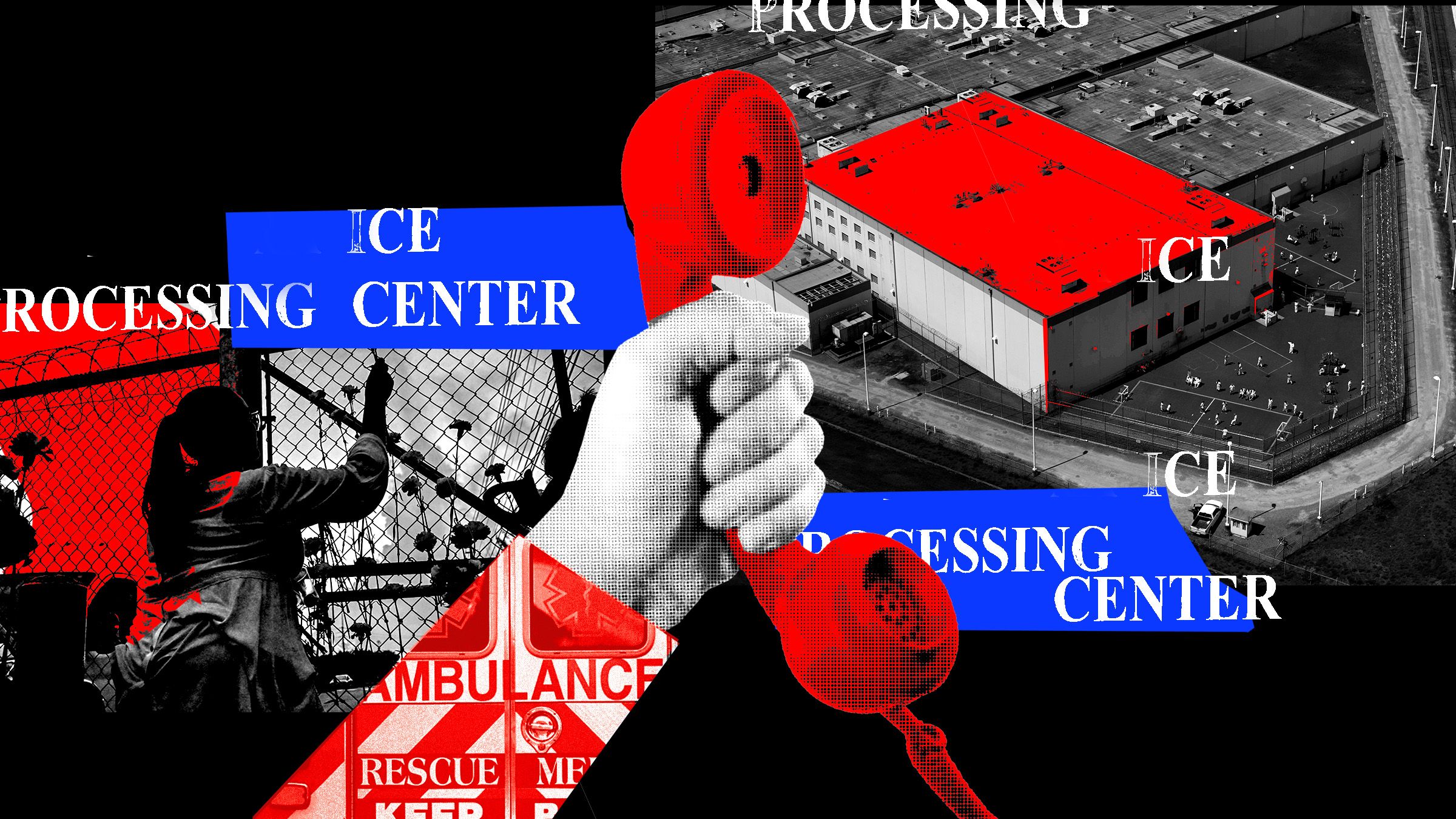US Supreme Court Upholds Tennessee’s Ban on Gender-Affirming Care for Minors
US Supreme Court Upholds Tennessee’s Ban on Gender-Affirming Care for Minors
In a landmark decision, the US Supreme Court has upheld Tennessee’s ban on gender-affirming care for minors. The controversial law, which prohibits doctors from providing hormone therapy or puberty blockers to transgender youth, has sparked nationwide debate on LGBTQ+ rights and healthcare.
Supporters of the ban argue that minors are not capable of fully understanding the long-term consequences of gender transition, and that such decisions should be made by parents and medical professionals. Critics, however, argue that denying transgender youth access to necessary healthcare can have severe and detrimental effects on their mental and physical well-being.
The Supreme Court’s decision has reignited the debate on the rights of transgender individuals and the role of government in healthcare. Many LGBTQ+ advocates have expressed disappointment with the ruling, citing concerns about the impact it will have on the transgender community.
Despite the decision, states across the country continue to grapple with similar legislation aimed at restricting gender-affirming care for minors. The legal battle over transgender rights is far from over, and the fight for equality and inclusion remains ongoing.
As discussions around LGBTQ+ rights continue to evolve, it is crucial for society to confront and address the challenges faced by transgender individuals, particularly youth. The Supreme Court’s decision serves as a reminder of the importance of advocating for equal rights and access to healthcare for all individuals, regardless of their gender identity.
While the ban on gender-affirming care for minors remains in place in Tennessee, the fight for transgender rights and healthcare equality will undoubtedly continue to be a prominent issue in the national conversation.
As we move forward, it is imperative that we strive towards creating a more inclusive and equitable society, where all individuals – regardless of their gender identity – can access the care and support they need to thrive and live authentically.






